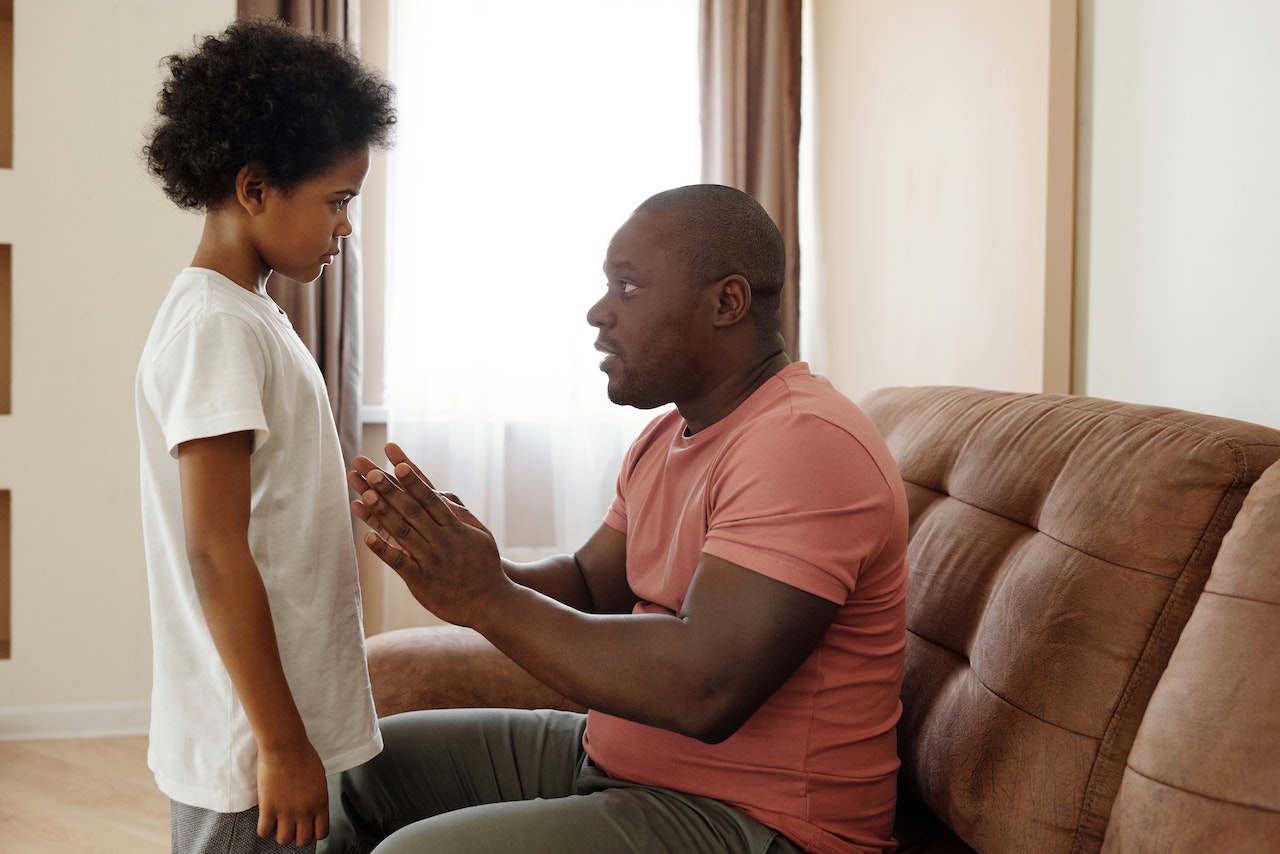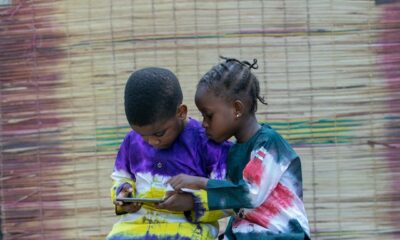Features
Why Sex Education is Important For Children’s Development

A boy was raised in an environment where his private parts were to be mentioned in slangs. So he would use words like kini mi, nkan mi, kokoro mi and others. So he’d say, “I washed my kokoro when I had my bath.” In his environment, children weren’t exactly told not to mention the words, they just knew. It was a culture; you don’t need to be taught, you grow up in it.
As they grew, he and his friends became curious as to why they couldn’t call their private parts by their actual names or talk about them openly. Even in school, their biology teacher talked about private parts in hushed voices and quickly too, as though it was a taboo.
They were sitting with one of the big brothers in the neighbourhood one day when they asked him why those words were considered to be vulgar and why they were being prevented from mentioning them. “It is to prevent you from engaging in immorality,” big brother simply said. Their curiosity increased.
What immorality?
You’ll know later, he said.
Thing is, they already knew. They knew what immorality he was referring to, but didn’t have the courage to tell him that. They were young and were not expected to have the slightest knowledge about certain immoralities.
The boy was on Twitter one day when he saw a video of a secondary school class teacher sharing a practical and detailed description of how condoms should be worn. He was shocked when he saw the tweet – in his entire six years in secondary school, none of his teachers boldly mentioned the word ‘condom’. And although he felt weird watching the video, he was envious of the students who were receiving hands-on sex education.
HealthThink defines sex education as the provision of knowledge about body development, sex, sexuality, and relationships, as well as skill development, to assist young people in communicating about sex and making educated decisions about their sexual health. Planned Parenthood defines it as education that gives young people the knowledge and skills they need for a lifetime of good sexual health.
Although both definitions seem to say the same thing, the former is universal while the latter is more specific. The latter definition emphasises that sex education is giving skills to help people have good sexual health. The entire definition focuses on a single thing: sex. But the former definition encapsulates everything there is in sexual development. And there lies the difference between sex awareness and sex education.
Sex awareness is what HealthThink’s definition preaches. It is a step-by-step process of learning about body development and how the development comes into play with the actual performance of sex. I believe we should not limit sex education to just the aspects that involve penetration.
Sex awareness and education are important, right from when a child’s body starts to develop. Children should be taught the names of their sexual parts. They should know what a penis or vulva is and should know what functions they perform. For instance, they should know that they urinate with their penis and urethra and defecate through their anus. They should know the features that make up their gender.
Children are usually curious. At a very young age, they start to ask certain unexpected questions and would find the answers elsewhere if parents and teachers are unwilling to provide them with one. We must, at a young age, start to teach them about body development, the stages of puberty, menstruation, body autonomy, consent, privacy and permission, what constitutes sexual harassment, and so on.
Sex education must start at home. Parents must be open to such discussions and ensure their kids are not scared to have these conversations with them. It is also important to understand and mention why are we teaching them. Why is sex education important? Why should they know about their bodies? Why should they understand consent? Why should they know about sexual activities, how to protect themselves, and/or the consequences of their actions? We live in a world where information is easily accessible and children are exposed to sexual content on the internet and social media. It is important to learn from their parents and teachers. That way, they are prepared for the world beyond home and school.
***





















